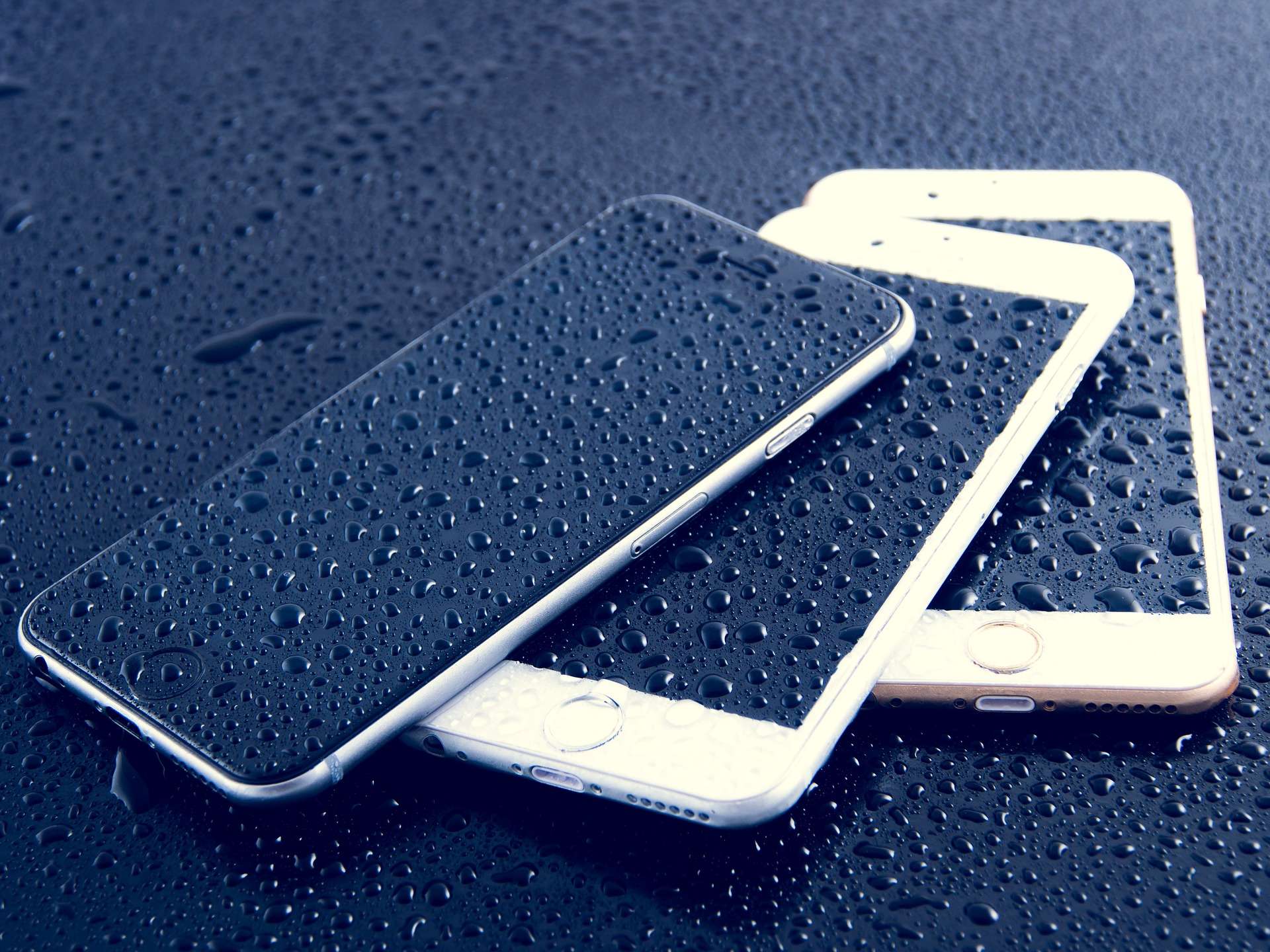Court filings from several law enforcement organizations say that people may just stop helping with police with their investigations if Apple gets its way in an iPhone encryption case in Brooklyn.
The Federal Law Enforcement Officers Association, the Association of Prosecutor Attorneys, and the District Attorneys Association of the State of New York all presented their arguments to try to convince the presiding judge that the iPhone maker is subverting centuries of law by refusing to help in a drug case.
The FBI has dropped the higher-profile pursuit of Apple’s cooperation in accessing a locked device in San Bernardino after shelling out over a million dollars for outside help. But authorities are pushing forward on a case in Brooklyn concerning an iPhone belonging to Jun Feng, who entered a guilty plea months ago. Investigators still want into his device, however, so they’ve evoked the All Writs Act to compel Apple to let them in.
Magistrate Judge James Orenstein has already ruled that Apple doesn’t have to help, but the government is appealing that decision.
“If Apple were to prevail in this court, the public at large may think twice about cooperating with law enforcement when called upon to do so, invalidating centuries of well-settled law and common practice,” the filers said (via ABC News). “Second, Apple’s refusal to provide assistance, if validated by this court, will have far-reaching public safety ramifications by giving criminals a safe haven to conduct their unlawful activities.
“To be clear: If the court adopts Apple’s reasoning, public safety will suffer. Crimes will go unsolved, and criminals will go free.”
In Apple’s own argument last week, it said that it “strongly supports, and will continue to support, the efforts of law enforcement in pursuing criminals. But it refuses to set a precedent that will let authorities “lodge future, more onerous requests for Apple’s assistance.”
We kind of understand the police’s concern, but it’s still pretty weak. We can’t imagine someone refusing to help a criminal investigation “because Apple didn’t,” especially since one of Apple’s primary reasons for not aiding in San Bernardino was that it was unable to do so. But in cases like this one, the courts have routes they can take before dragging device manufacturers into court — namely, compelling the defendant to unlock his own phone under penalty of contempt.
We assume he has the passcode, at least.


